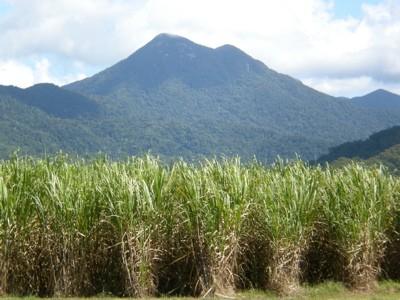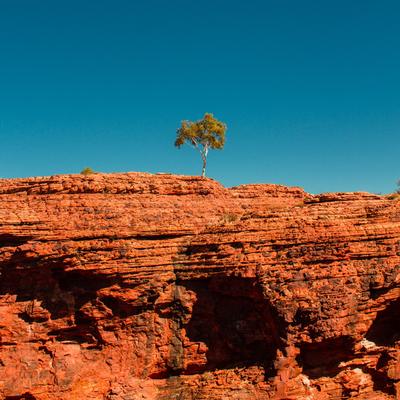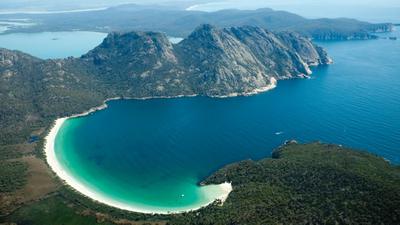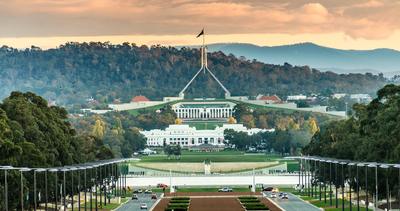Terms beginning with Q
Quota - Milk
Every country in the European Union has a limit to the amount of milk that it is allowed to produce. That is its 'quota'. The total quota is divided up between all the dairy farmers in the country. Their individual quota is the number of litres of milk that they are allowed to produce each year. There are heavy financial penalties for producing too much milk and going 'over quota'. A farmer who does not use all of his quota may sell or lease it to another farmer. Anyone who wishes to start producing milk or to expand their business must first buy or lease quota.
Quota - Sheep
The European Union pays a subsidy to farmers who keep sheep. This subsidy is known as Sheep Annual Premium (SAP). There is a limit to the amount of subsidy that any farmer can claim, governed by how much quota the farm possesses. A farmer who has 100 units of quota may only claim the subsidy for 100 breeding ewes or ewe lambs, even if he has many more sheep in total. Originally, every farmer who registered was given some quota by the government. Now, if they need more quota it must be bought or leased from another farmer who has some to spare. Quota is not needed to keep sheep, only to claim the subsidy.







